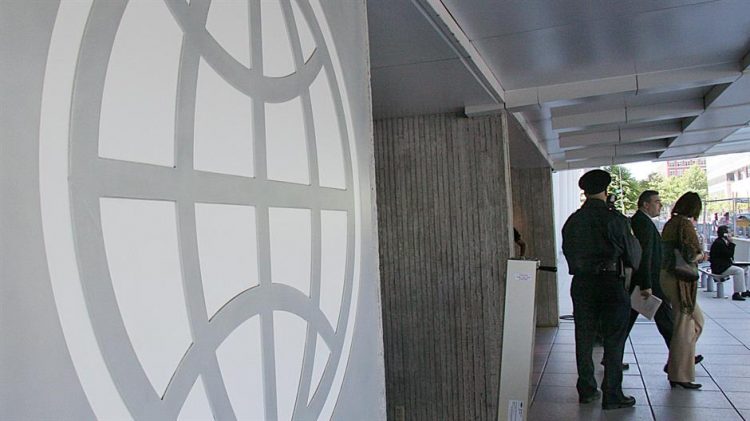
Growth is projected to average 3.7 percent for 2019–20, accelerating in Bosnia, Kosovo, and North Macedonia, while decelerating in Albania, Montenegro, and Serbia, the World Bank said in its Western Balkan Regular Economic Report: Spring 2019.
“Factors common to all countries are the recent fiscal stimuli and favourable external conditions that pushed the 3.8 percent growth in 2018,” the bank said “Western Balkan countries are confronted with growing external and domestic risks. Against this backdrop, there is an opportunity to advance reforms to mitigate risks and demands for greater economic opportunities.”
Despite stronger growth in 2018, job creation slowed, reflecting limited private sector dynamism.
“In 2018, 96,000 jobs were created in the Western Balkans (mostly in industry and services), which is a decrease from 171,200 jobs created in 2017. The slow-down is due to the temporary effects of the fiscal stimuli that pushed growth, but did not encourage private sector job creation,” the report said. “Even though unemployment fell in 2018, it remained high, particularly for women and youth.”
Foreign direct investments (FDI) helped transform industries and increase exports in recent years, but FDI is still low as a share of GDP. The bank notes that regulatory barriers make it difficult for existing firms to expand or exit the market, and for new firms to succeed.
High-growth firms — growing on average by at least 20 percent for three consecutive years — create the most jobs in the Western Balkans. However, there are few of these firms (in 2016, only 1 in 33 formal sector firms in North Macedonia, and in 2017, only 1 in 20 firms in Serbia).
“Countries that have been committed to fiscal consolidation, such as Albania and Serbia, are seeing their debt go down, and it is critical to safeguard these gains. But public and publicly guaranteed debt remains high in most countries… Fiscal risks related to pensions, municipal finances, and state-owned enterprises are also on the rise,” the financial institution said in its report
The World Bank experts warned that human capital challenges will severely limit the prospects for growth and poverty reduction, if they are left unaddressed. Investing in early childhood development would help improve performance in primary and secondary education, and empower students with the skills employers need. They suggest that more efficient health systems would help address the rise of non-communicable diseases and reduce out-of-pocket spending on health.




